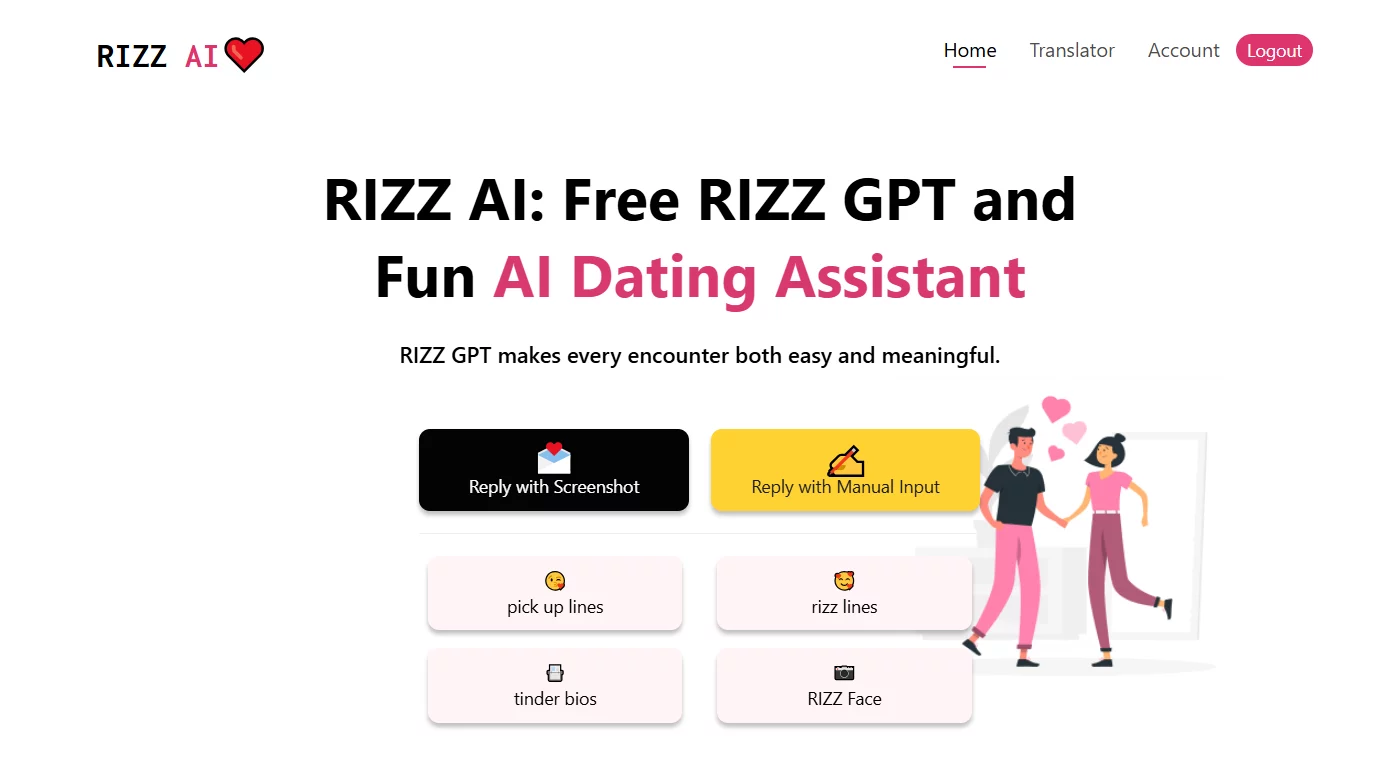To mark its 50th anniversary, Microsoft has unveiled a significant update for its AI assistant Copilot, introducing a range of new features aimed at enhancing user experience and bringing it closer to competitors like ChatGPT and Claude. This update integrates various OpenAI models into Copilot, with added capabilities such as memory functions, personalization options, web-based operations, podcast creation, camera and screen analysis, and in-depth research tools.
The newly-added memory function allows Copilot to remember user preferences, interests, and specific details like birthdays. It utilizes this information to provide tailored responses and recommendations, even offering proactive tips. Users have the option to choose what information Copilot retains or completely disable this feature.
Microsoft stated that this is part of its ongoing effort to enhance Copilot's personalization. Although still in its early stages, future updates will enable users to customize Copilot's appearance, including the option to revert to the classic Clippy avatar. Mustafa Suleyman, Microsoft's AI CEO, emphasized that Copilot is not just an AI but a personal assistant unique to each user, with customizable styles and attributes.
In addition to personalization, Copilot’s functionality has been significantly expanded. The new Actions feature enables task execution through web browsers, similar to OpenAI's Operator agent or Amazon's recently launched Nova Act model. Microsoft suggests using this feature for booking tickets, reserving tables at restaurants, and shopping. Combined with new shopping capabilities, Copilot can analyze products and identify discounts and promotions.
Copilot Vision, initially introduced in December 2024 for web tools, is now available on Windows and mobile applications. On Windows, Copilot can "view" content displayed on other apps and files to answer queries or interact with documents. On iOS and Android, it can process images captured by the phone’s camera or photos stored in the camera roll.
The deep research feature empowers Copilot to analyze extensive documents or online resources, supporting complex projects. Its research capabilities are integrated with Bing, providing AI-driven answers within the search engine. Like other AI tools, Copilot can now generate podcast-style audio based on its findings while the new Pages feature consolidates notes and research from different documents into one unified canvas.
Microsoft announced that many of these new features will begin rolling out today in an "initial version," with continuous improvements planned over the coming weeks and months. Availability of features will vary across platforms and markets. While these functionalities aren't entirely novel—ChatGPT introduced memory last year, Google Gemini supports visual modes, and all AI companies are working on personalized AI agents—Microsoft’s comprehensive rollout highlights its commitment to staying competitive and leveraging its investment in OpenAI.








